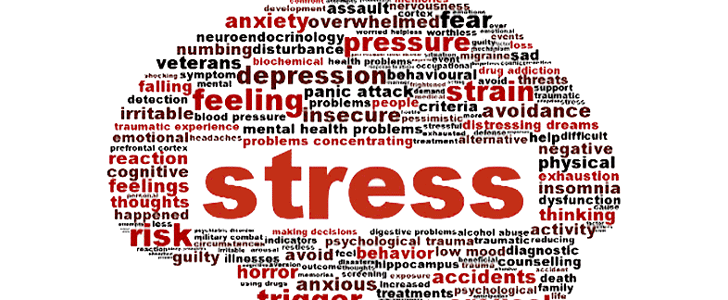
April was the National Stress Awareness Month. Even though we are in May now, I want to share this article with you as in my opinion, stress is one of the biggest factors playing a huge role in our health. Read below how stress can influence our mental and physical health.
Stress is very powerful and can be indeed healthy in some ranges, however if it is constant and prolonged, it can be damaging and having negative impact on our bodies. But let’s talk about stress and look how exactly can affect us.
Stress can affect us in various ways, both mentally and physically. Here’s how it can impact the body:
Stress and our mental health
Stress can lead to feelings of anxiety, irritability, and mood swings. It can also impair concentration and memory, making it difficult to focus on tasks.
Stress and its physical effects on us
Stress triggers the release of hormones like cortisol and adrenaline, which prepare the body for fight or flight. While this response is helpful in short bursts, chronic stress can lead to long-term health issues such as:
- Cardiovascular Problems: Increased heart rate and blood pressure over time can contribute to heart disease.
- Digestive Issues: Stress can cause stomach aches, diarrhoea, or constipation, and may exacerbate conditions like irritable bowel syndrome (IBS).
- Weakened Immune System: Chronic stress can suppress the immune system, making individuals more susceptible to infections.
- Muscle Tension: Persistent stress can lead to muscle tension and pain, particularly in the neck, shoulders, and back.
- Sleep Disturbances: Stress can disrupt sleep patterns, leading to insomnia or poor quality sleep.
Healthy tips on how to reduce stress and its negative impact on our mental and physical health
To support ourselves through nutrition during stressful times, you can consider the following tips:
- Eat a Balanced Diet: Focus on consuming a variety of nutrient-rich foods, including fruits, vegetables, whole grains, lean proteins, and healthy fats. These provide essential vitamins and minerals necessary for overall health and resilience to stress.
- Stay Hydrated: Dehydration can exacerbate stress symptoms, so be sure to drink plenty of water throughout the day.
- Limit Stimulants: While caffeine and sugar can provide a temporary energy boost, excessive consumption can worsen anxiety and disrupt sleep. Limit intake of caffeinated beverages and sugary snacks.
- Increase Intake of Stress-Busting Nutrients: Certain nutrients can help mitigate the effects of stress on the body. Consider incorporating foods rich in:
- Magnesium: Found in nuts, seeds, leafy greens, and whole grains, magnesium can help relax muscles and regulate mood.
- Omega-3 Fatty Acids: Found in fatty fish like salmon, walnuts, and flaxseeds, omega-3s can reduce inflammation and promote brain health.
- Vitamin C: Found in citrus fruits, bell peppers, and strawberries, vitamin C supports the immune system and may help reduce cortisol levels.
- Practice Mindful Eating: Pay attention to your body’s hunger and fullness cues, and try to eat slowly and without distractions. Mindful eating can help reduce stress and promote better digestion.
- Consider Herbal Remedies: Some herbs, such as chamomile, lavender, and ashwagandha, have been shown to have calming effects and may help alleviate stress when consumed as teas or supplements. However, consult with a healthcare professional before adding herbal remedies to your routine, especially if you have any existing health conditions or are taking medications.
By prioritising a nutritious diet and adopting healthy eating habits, you can better support your body’s ability to cope with stress and maintain overall well-being.
